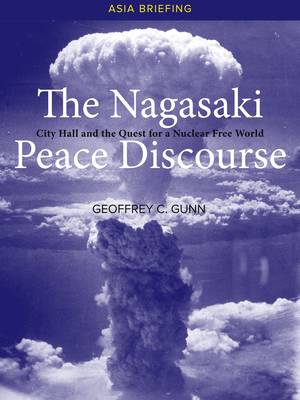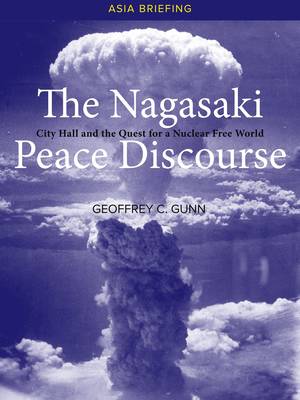
- Afhalen na 1 uur in een winkel met voorraad
- Gratis thuislevering in België vanaf € 30
- Ruim aanbod met 7 miljoen producten
- Afhalen na 1 uur in een winkel met voorraad
- Gratis thuislevering in België vanaf € 30
- Ruim aanbod met 7 miljoen producten
Omschrijving
With some 20,000 or more people killed instantly in the atomic bombing of 9 August 1945, an additional 40,000 or more dying from radiation and related illnesses in the coming days and weeks, and with myriad others exposed to radiation effects, Nagasaki today is a city that remembers and reminds. But this was not always the case--in contrast with Hiroshima as the first atom bombed city, Nagasaki long stood out for the piety of its significant and historically persecuted Catholic population. New voices and new narratives would eventually emerge, however, especially among the surviving victims or hibakusha, as well as among local politicians, one who famously dared to challenge national myths surrounding war culpability.
Remembrance, the struggle for recognition on the part of the victims, and the even greater struggle waged by City Hall in Nagasaki to bring to world attention the threat of nuclear weapons, comes to the heart of this book. This we term the Nagasaki peace discourse. Yet, other narratives vie with the 'idealist' view, namely that of the 'realists' and, specific to Japan, the 'nationalists'. Essentially the realists welcome the nuclear umbrella provided by the US-Japan Treaty system and have eagerly embraced civilian nuclear power under the 'atoms-for-peace' slogan. On their part, the nationalists perceive Japan's 'peace constitution' as ripe for revision, looking ahead to a legal Self Defense Force and, for some, a 'normal' and even a nuclear-armed Japan. In the light of the Fukushima nuclear disaster of 11 March 2011, however, City Hall in Nagasaki cannot ignore the risks of civilian nuclear power or even the nation's mounting stockpile of plutonium. With Nagasaki prefecture host to the second largest US naval base in Japan, as became apparent with the 2017-18 Korean missile crisis, neither can the city insulate itself from international politics. Seventy and more years on from the atomic bombings, Hiroshima and, in subtly different ways, Nagasaki, have a sombre message to convey. This is in no better way encapsulated than in the popular civil society slogan, 'No! More! Hibakusha!'Specificaties
Betrokkenen
- Auteur(s):
- Uitgeverij:
Inhoud
- Aantal bladzijden:
- 160
- Taal:
- Engels
- Reeks:
Eigenschappen
- Productcode (EAN):
- 9788776942748
- Verschijningsdatum:
- 31/03/2019
- Uitvoering:
- Paperback
- Formaat:
- Trade paperback (VS)
- Afmetingen:
- 117 mm x 178 mm
- Gewicht:
- 136 g

Alleen bij Standaard Boekhandel
Beoordelingen
We publiceren alleen reviews die voldoen aan de voorwaarden voor reviews. Bekijk onze voorwaarden voor reviews.











